#leopoldine
Explore tagged Tumblr posts
Text









30 notes
·
View notes
Text

Sailing in the bay number.
346 notes
·
View notes
Text

Austrian actress Leopoldine Konstantin on a vintage postcard
#postcard#leopoldine#ansichtskarte#briefkaart#photography#carte postale#vintage#leopoldine konstantin#postkarte#photo#historic#postkaart#ephemera#konstantin#sepia#actress#austrian#tarjeta#postal
13 notes
·
View notes
Text
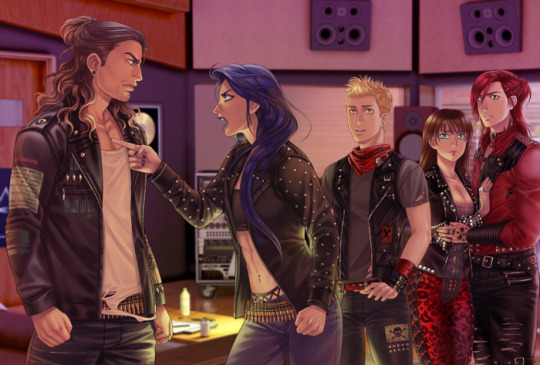
25 notes
·
View notes
Text



Horrible woman <3
4 notes
·
View notes
Text
What you come to understand about Les Miserables as you learn more about Victor Hugo is that it is all about Léopoldine, it is nothing but Léopoldine, Léopoldine is the heart and soul of it, every word and chapter is full of Léopoldine, Léopoldine, Léopoldine.
It is a book immutably shaped by the pain of losing a child.
#Sorry of this I'm just very emo right now.#I fundamentally think analysis of Les Mis as a work is somewhat lacking if you don't acknowledge Leopoldine's influence upon it.#Les Mis#Les Miserables#Victor Hugo#Leopoldine Hugo#Léopoldine Hugo
216 notes
·
View notes
Text

#movies#polls#notorious#notorious 1946#notorious movie#40s movies#old hollywood#alfred hitchcock#cary grant#ingrid bergman#claude rains#leopoldine konstantin#louis calhern#requested#have you seen this movie poll
55 notes
·
View notes
Text



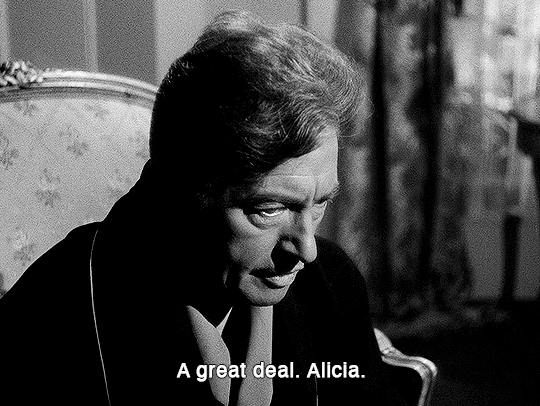
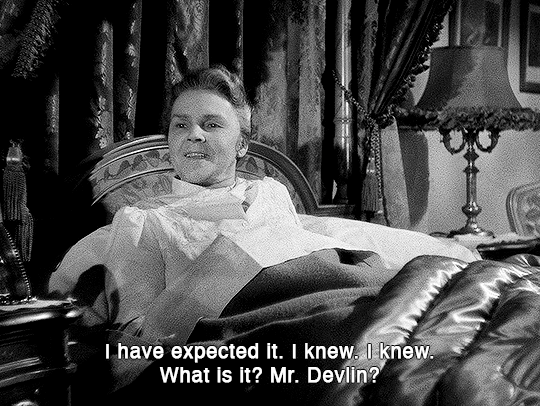
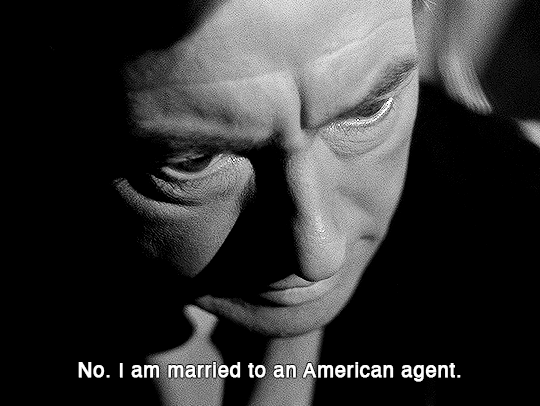

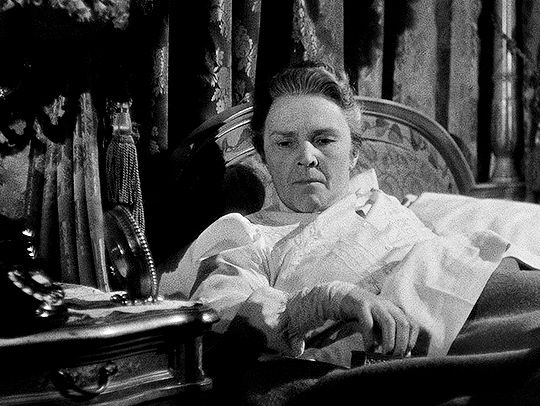
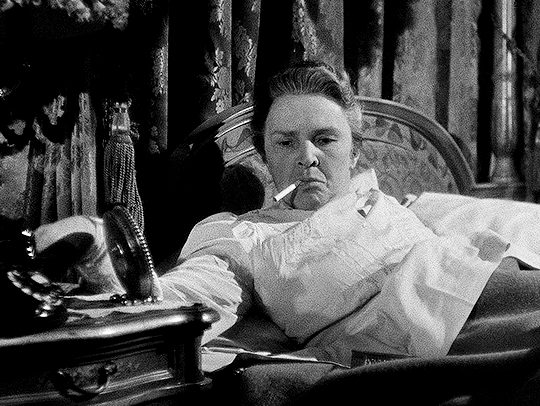
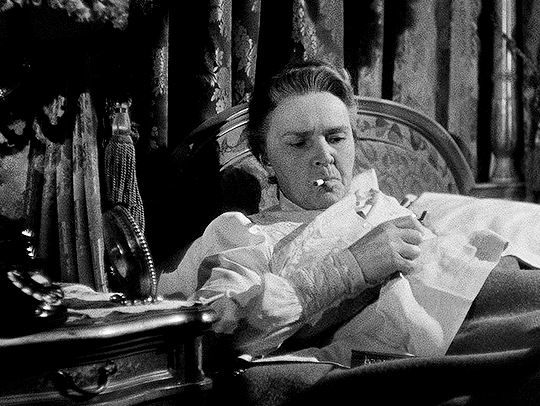
Notorious (Alfred Hitchcock, 1946)
#filmgifs#moviegifs#classicfilmsource#classicfilmblr#userfilm#uservintage#cinemaspast#dailyflicks#fyeahmovies#filmedit#classicfilmedit#notorious#alfred hitchcock#claude rains#leopoldine konstantin#.gif
271 notes
·
View notes
Text
When I say "Victor Hugo's depiction of Jean Valjean's grief over losing Cosette is a reflection of Hugo's own grief at the death of his daughter" I'm not just theorizing-- some lines from Les Mis are basically just ripped word-for-word from Hugo's poems about the death of his daughter. Here are a few of them. Leopoldine drowned horribly with her husband only a few months after they were married; she was only nineteen. Jean Valjean's paralyzing fear of Cosette's marriage, his misguided useless rage at her husband, and his violent grief over losing her and never being able to see her again, is heavily influenced by Hugo's own grief. I have trouble finding good English translations of some of Hugo’s Leopoldine poems online, and would appreciate better links to English translations if anyone has them. But In A Villequier, one of Hugo's poems addressing God with furious grief over the death of Leopoldine, he writes:
Consider again how I have, since dawn, Worked, fought, thought, walked, struggled, Explaining Nature to Man who knew nothing of it, Lighting everything with your clarity; That, facing hate and anger, I have done my task here below, That I could not expect this wage, That I could not Foresee that you too, on my yielding head, Would let fall heavily your triumphant arm, And that you who saw how little joy I have, Would take my child away so quickly!
Which is almost word for word just Jean Valjean's:
I have left my blood on every stone, on every bramble, on every mile-post, along every wall, I have been gentle, though others have been hard to me, and kind, although others have been malicious, I have become an honest man once more, in spite of everything, I have repented of the evil that I have done and have forgiven the evil that has been done to me, and at the moment when I receive my recompense, at the moment when it is all over, at the moment when I am just touching the goal, at the moment when I have what I desire, it is well, it is good, I have paid, I have earned it, all this is to take flight, all this will vanish, and I shall lose Cosette, and I shall lose my life, my joy, my soul....
And this from the same poem:
I keep seeing that moment in my life when I saw her open her wings and fly off! I will see that instant until I die, the instant, no tears needed! where I cried: the child I had a minute ago— What? I don’t have her any more?
Is a similar sentiment to this angelic description of Cosette “taking flight” away from Jean Valjean:
Cosette, as she took her flight, winged and transfigured, left behind her on the earth her hideous and empty chrysalis, Jean Valjean.
And the moment when Jean Valjean realizes she’s in love with Marius, and has been “lost” to him without him realizing it:
The unprecedented and heart-rending thing about it was that he had fallen without perceiving it. All the light of his life had departed, while he still fancied that he beheld the sun.
This from the poem Demain dès l'aube, where Victor Hugo describes visiting Leopoldine's grave:
I will walk with my eyes fixed on my thoughts, Without seeing anything outside, without hearing any noise, Alone, unknown, back bent, hands crossed, Sad, and the day for me will be like night.
And Jean Valjean walking to Cosette's house, but never able to enter or speak to her:
There [Jean Valjean] walked at a slow pace, with his head strained forward, seeing nothing, hearing nothing, his eye immovably fixed on a point which seemed to be a star to him
This bit where Hugo talks about his faith weakening/cursing God in vain after Leopoldine’s death:
Consider how one doubts, O God! when one suffers, how the eye that weeps too much is blinded, how a being plunged by grief into the blackest pit, seeing you no more, cannot contemplate you.
Is similar to Jean Valjean’s spirtual self weakening and his consience “taking flight” at the idea of losing Cosette:
Any one who had beheld his spiritual self would have been obliged to concede that it weakened at that moment. (...) Grief, when it attains this shape, is a headlong flight of all the forces of the conscience. These are fatal crises. Few among us emerge from them still like ourselves and firm in duty.
Victor Hugo agonizing over his dreams of growing old with his daughter in A Villequier:
You make loneliness return always around all his footsteps.(...) As soon as he owns something, fate takes it away. Nothing is given to him, in his speedy days, for him to make a home and say: Here is my house, my field and my loved ones!
Jean Valjean:
“As one family! No. I belong to no family. I do not belong to yours. I do not belong to any family of men. In houses where people are among themselves, I am superfluous. There are families, but there is nothing of the sort for me. I am an unlucky wretch; I am left outside.
Victor Hugo's poetry in A Villequier again:
in the midst of cares, hardships, miseries, and of the shadow our fate casts over us, how a child appears, a dear sacred head, a small joyful creature, so beautiful one thinks a door to heaven has opened when it arrives; when for sixteen years one has watched this other self grow in loveable grace and sweet reason, when one has realized that this child one loves makes daylight in our soul and in our home,
Jean Valjean:
this man, who had passed through all manner of distresses, who was still all bleeding from the bruises of fate, (...) merely asked of Providence, of man, of the law, of society, of nature, of the world, one thing, that Cosette might love him! That Cosette might continue to love him! That God would not prevent the heart of the child from coming to him, and from remaining with him! Beloved by Cosette, he felt that he was healed, rested, appeased, loaded with benefits, recompensed, crowned. Beloved by Cosette, it was well with him! He asked nothing more! Had any one said to him: “Do you want anything better?” he would have answered: “No.” God might have said to him: “Do you desire heaven?” and he would have replied: “I should lose by it.”
Victor Hugo begging God to talk to his daughter again:
Let me lean over this cold stone and say to my child: Do you feel that I am here? Let me speak to her, bent over her remains, in the evening when all is still, as if, reopening her celestial eyes in her night, this angel could hear me!
Jean Valjean thanking God for letting him speak to Cosette one more time:
The good God says: “‘You fancy that you are about to be abandoned, stupid! No. No, things will not go so. Come, there is a good man yonder who is in need of an angel.’
I think the ending of Les Mis never made complete sense to me until I realized that Jean Valjean isn't grieving like a parent who has watched their child grow up; he is grieving like a parent who has just watched their child die.
#lm 5.9.1#les mis#les mis letters#i was originally going to make a joke like#men will literally spend 30 years writing les miserables instead of going to therapy#but also reading Hugo's Leopoldine poems even when the translations might be imperfect is just. agh. :_;#and also has radically shifted my entire perspective on the novel and Jean Valjean
162 notes
·
View notes
Text
‘I am married to an American agent.’

OH OH
25 notes
·
View notes
Text





Josef drove home drunk again.
28 notes
·
View notes
Text
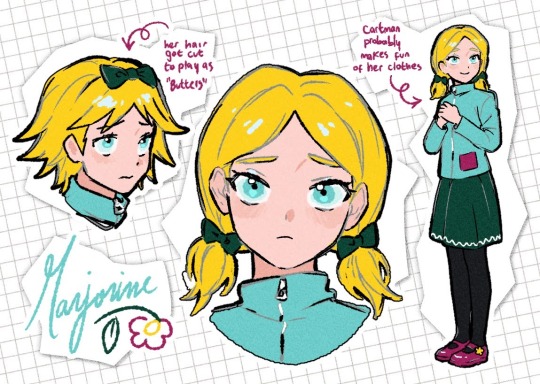
butters' genderbend was the most requested, so here's marjorine!
#would marjorine be a nickname just like butters? or would it be too complicated/weird for a nickname?#maybe marjorine is her second name but people refer to her with it instead of her first name?#leopoldine marjorine stotch??#sorry if it looks weird in some places#i've been sick and did it with a stomachache + fatigue + sleepiness from the pill's side effect XD#south park#south park fanart#fanart#sp fanart#sp butters#sp butters fanart#butters stotch#sp marjorine#marjorine stotch#sp marjorine fanart#genderbend#genderswap#rule 63
124 notes
·
View notes
Text

The Family of Franz I of Austria. By Bernhard von Guérard.
The painting depicts Emperor Franz I. (1768-1835) with his third wife Maria Ludovica (1787-1816), who married in 1808 and their eight children: to the right, at the back seven-year-old Marie Luise (1791-1847), later Empress of the French, with her sister the seven-year-old Karolina Ferdinanda (1801-1832), later Queen of Saxony, and her brother the fifteen-year-old heir to the throne, Ferdinand (1793-1875), later Emperor Ferdinand I. To the left in the picture is seated the four-year-old Maria Anna (1804-1858), holding out her hand to her brother Franz Karl (1802-1878), who is two years older than her, and will be the father of Emperor Franz Joseph. At the back, the two girls embracing are Maria Klementina (1798-1881) at the age of ten and Leopoldine (1797-1826), later Empress of Brazil, who is a year older. On the lap of the Empress is the three-year-old Johann Nepomuk (1805-1809).
#bernhard von guérard#family portrait#kaisertum österreich#haus habsburg lothringen#bernhard von guerard#emperor franz i of austria#kaiser#kaiserin#empress maria ludovica#karolina ferdinanda of austria#archduchess#erzherzogin#archduke#erzherzog#empress leopoldine of brazil#marie louise d'autriche#empress of the french#empire français#império do brasil
8 notes
·
View notes
Text

Joseph Abel (Austrian,1764-1818)
Maria Leopoldine Pachler (pianist), 1827
Oil
18 notes
·
View notes
Text

#Leopoldine Konstantin#Ingrid Bergman#Claude Rains#Notorious#1940s#film#spy thriller#fashion#hair#interior decor#black and white#Alfred Hitchcock
15 notes
·
View notes
Text

Claude Rains, November 10, 1889 - May 30, 1967.
With Leopoldine Konstantin in Alfred Hitchcock’s Notorious (1946).
43 notes
·
View notes